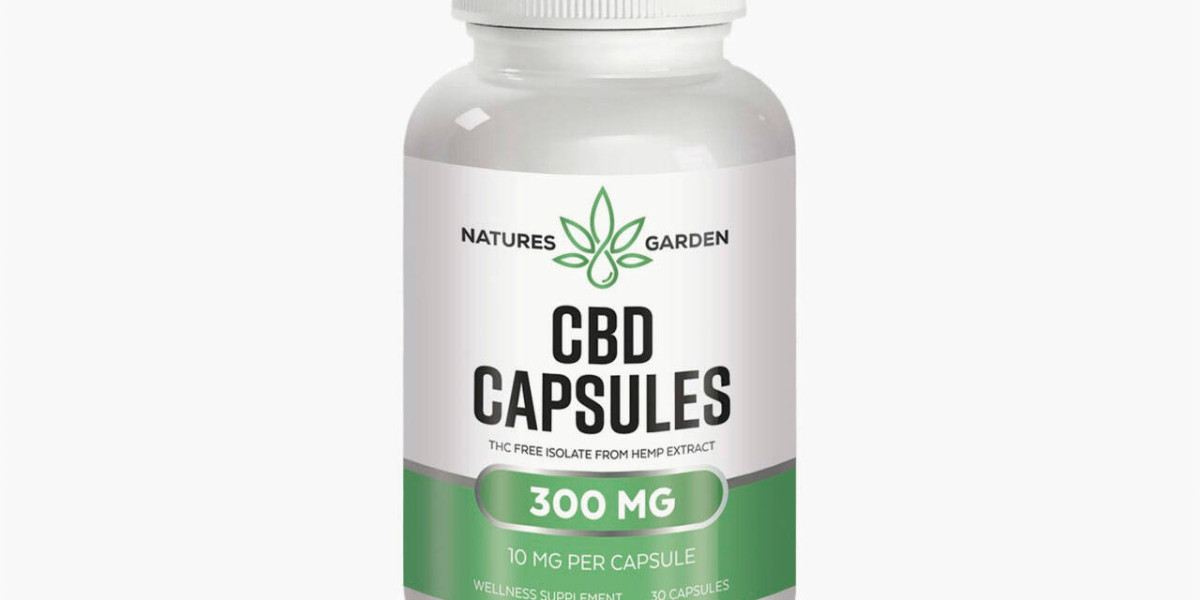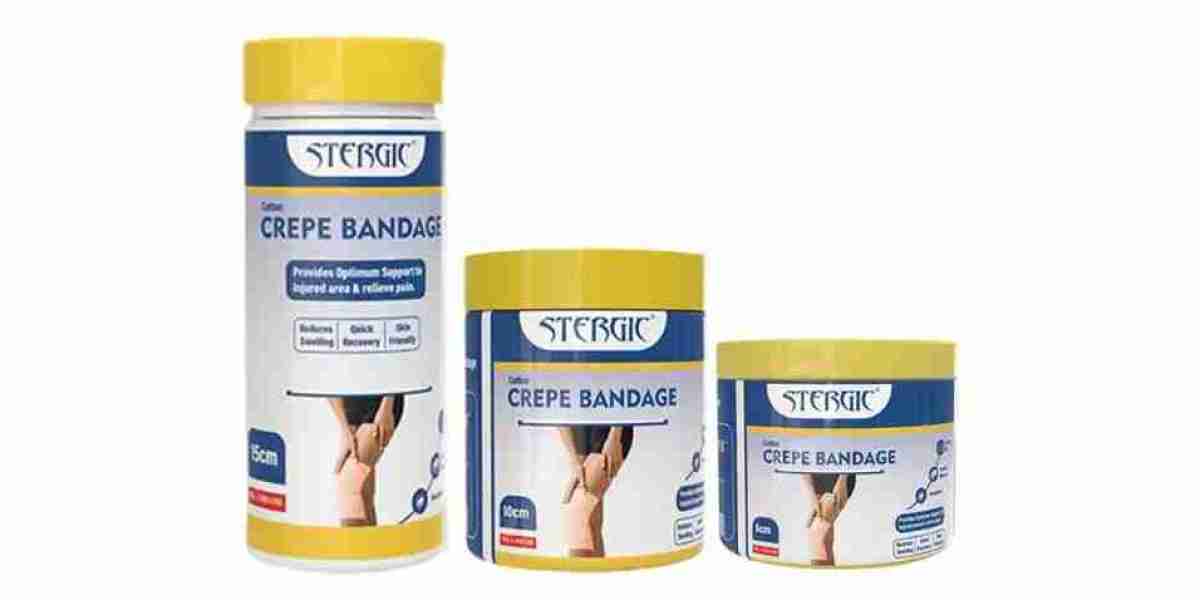Nature has provided us with a treasure trove of remedies for various ailments, and essential oils are among the most versatile and potent. While these aromatic compounds are widely known for their soothing fragrances and stress-relieving properties, they also offer remarkable healing powers, especially in the realm of wound care. In this article, we will explore the remarkable potential of essential oils for wound healing and delve into the science behind their effectiveness.
The Power of Essential Oils
Essential oils are concentrated extracts derived from various parts of plants, including leaves, flowers, stems, and roots. These oils contain an array of bioactive compounds that have been used for centuries in traditional medicine. Essential oils are renowned for their antibacterial, anti-inflammatory, and antioxidant properties, making them valuable allies in the process of wound healing.
Key Essential Oils for Wound Healing
Lavender Oil: Lavender essential oil is one of the most popular choices for wound healing. Its anti-inflammatory and antimicrobial properties help reduce pain and the risk of infection in minor wounds, burns, and insect bites. Lavender oil also promotes the regeneration of skin tissue.
Tea Tree Oil: Tea tree oil is a powerful antiseptic with the ability to kill a wide range of bacteria and fungi. It's particularly effective in treating cuts, scrapes, and acne-prone skin. The oil helps cleanse the wound and reduce inflammation.
Chamomile Oil: Chamomile essential oil, known for its soothing properties, is excellent for wound healing. It reduces inflammation, soothes pain, and accelerates tissue repair. Roman chamomile and German chamomile are the two main varieties used for this purpose.
Helichrysum Oil: Helichrysum essential oil is often called "immortelle" due to its remarkable ability to heal and regenerate damaged skin. It's particularly useful for reducing the appearance of scars and improving skin texture.
Frankincense Oil: Frankincense has been used for centuries in traditional medicine. It can help reduce inflammation, promote cell growth, and improve the appearance of scars. This makes it a valuable choice for healing wounds and preventing scarring.
Geranium Oil: Geranium essential oil is known for its astringent properties, which can help stop bleeding in minor cuts and wounds. It also promotes skin cell regeneration and minimizes scarring.
Eucalyptus Oil: Eucalyptus essential oil has strong antimicrobial properties and is often used to prevent infection in wounds. It also offers pain relief and can improve respiratory function when used in a diffuser.
Myrrh Oil: Myrrh essential oil is an ancient remedy for wounds and skin conditions. It has anti-inflammatory and antimicrobial properties, making it effective in promoting wound healing and reducing infections.
How Essential Oils Aid in Wound Healing
Antibacterial Properties: Essential oils contain natural compounds that help fight off bacteria, reducing the risk of infection in open wounds. This is crucial for a healthy healing process.
Anti-Inflammatory Action: Inflammation is a natural response to injury, but excessive inflammation can slow down the healing process. Essential oils like lavender, chamomile, and myrrh help to reduce inflammation, allowing the body to focus on repair.
Cell Regeneration: Many essential oils stimulate the production of new skin cells, which is vital for wound healing. This not only speeds up the recovery process but also minimizes scarring.
Pain Relief: The soothing and analgesic properties of essential oils help alleviate the pain associated with wounds, making the healing process more comfortable.
Reducing Scarring: Some essential oils, such as frankincense and helichrysum, are renowned for their ability to minimize scarring and improve the overall appearance of healed wounds.
How to Use Essential Oils for Wound Healing
Dilution: Essential oils are highly concentrated and should be diluted with a carrier oil before applying to the skin. A typical ratio is 2-3 drops of essential oil per teaspoon of carrier oil.
Topical Application: Gently apply the diluted essential oil to the affected area, using a clean cotton ball or swab. Do this after cleansing the wound to ensure it is free from dirt and debris.
Aromatherapy: Inhaling the aroma of certain essential oils, like eucalyptus and lavender, through diffusion can help boost the healing process and provide relaxation.
Compresses: Soak a clean cloth in warm water with a few drops of essential oil, then place it on the wound. This method can be particularly useful for larger wounds or injuries.
Consult a Professional: If you have a severe or deep wound, it's essential to consult with a healthcare professional. Essential oils are best used as complementary treatments for minor wounds and should not replace standard medical care.
Precautions and Considerations
While essential oils can be incredibly beneficial for wound healing, there are some essential precautions to keep in mind:
Skin Sensitivity: Test a small amount of the diluted oil on a small patch of skin to check for sensitivity or allergies.
Purity: Ensure you are using high-quality, pure essential oils to maximize their therapeutic benefits.
Consult a Professional: If you have any concerns about using essential oils for wound healing or if the wound is severe, consult a healthcare professional for guidance.
Keep Out of Reach of Children: Essential oils should be kept in a safe place, away from children.
Conclusion
Essential oils for wound healing are a natural and effective way to enhance the body's natural healing processes. With their antibacterial, anti-inflammatory, and cell-regenerating properties, these potent extracts from nature's bounty have been used for centuries in traditional medicine. When used wisely and with appropriate precautions, essential oils can be valuable tools for supporting the healing of minor wounds, reducing inflammation, and preventing infection. Always remember to consult with a healthcare professional for serious wounds, but for minor injuries, essential oils can be your fragrant and powerful allies on the journey to recovery. Essential Oils for Wound Healing truly deserve their place in your home remedy toolkit.





